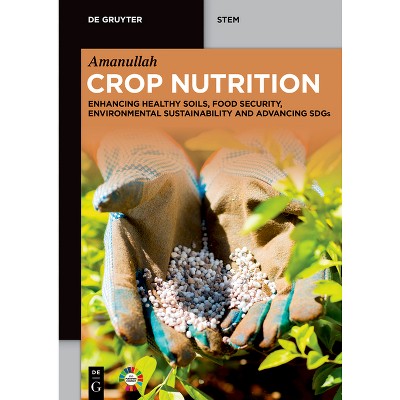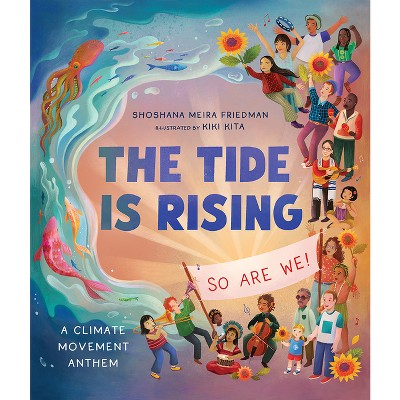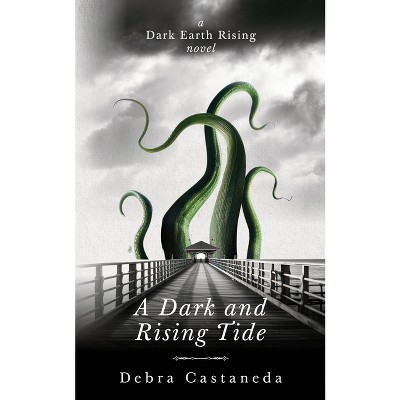Sponsored

Rising Tide, Resilient Voices - by Mumita Tanjeela (Hardcover)
In Stock
Sponsored
About this item
Highlights
- Bangladesh's deltas are the front lines of the climate crisis-but they are also front rows for women's ingenuity.
- Author(s): Mumita Tanjeela
- 150 Pages
- Science, Environmental Science
Description
About the Book
"Climate change is a pressing global concern, with Bangladesh ranking as the sixth most vulnerable country due to its geography. The nation faces extreme weather events, including sea-level rise, saltwater intrusion, storms, floods, and droughts, with poverty exacerbating these issues. Women bear a disproportionate burden, as environmental degradation affects their family's survival directly. While men often migrate for livelihoods, women develop resilience strategies that can inform successful climate adaptation programs. This book delves into the gender aspect of climate change response in Bangladesh, examining adaptation strategies from various stakeholders. It emphasizes the need to recognize women not just as victims but as active agents in climate adaptation. Despite vulnerability assessments, limited research explores the unique contributions women can make in this context. The book presents women's narratives and the impact of intra-household power dynamics on their mobility and resource access. The research highlights the gap between policy and practice, emphasizing the importance of gender mainstreaming in climate adaptation efforts in Bangladesh. This work encourages further exploration of gender dimensions in climate change adaptation, both theoretically and empirically"-- Provided by publisher.Book Synopsis
Bangladesh's deltas are the front lines of the climate crisis-but they are also front rows for women's ingenuity. Rising Tide, Resilient Voices follows Dr. Mumita Tanjeela deep into cyclone-lashed coasts, drought-parched plains, flood-soaked river basins, and precarious hill settlements to hear how women navigate escalating hazards that threaten land, livelihoods, and life itself. Using a feminist-political-ecology lens and more than one hundred life-history interviews, Tanjeela reveals the unseen labour that holds households together, the gendered power gaps that magnify risk, and the quiet revolutions sparked when women organise cyclone-preparedness teams, community seed banks or off-farm micro-enterprises. Each chapter pairs rigorous analysis with first-person narratives-climate champions whose stories of loss, leadership, and hope challenge portrayals of women as passive victims. The book also offers a sharp critique of adaptation policy, showing where national frameworks succeed or fall short in recognising women's knowledge, agency, and rights. Richly documented yet deeply human, Rising Tide, Resilient Voices is essential reading for scholars, practitioners, and anyone committed to climate justice and gender equity. It proves that when Bangladeshi women speak, plan, and act, resilience is not only possible-it is already underway.
Shipping details
Return details
Frequently bought together


Trending Non-Fiction















